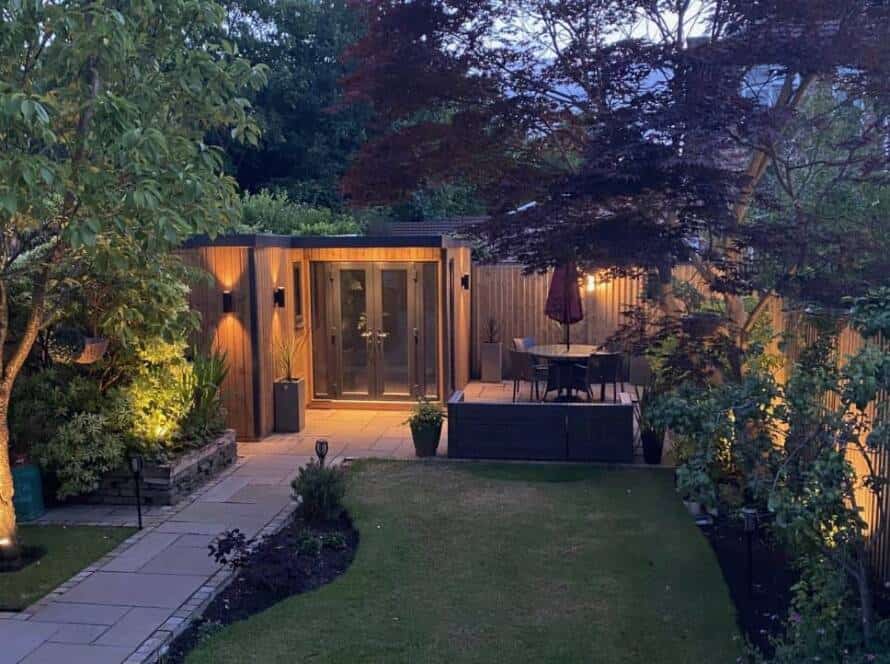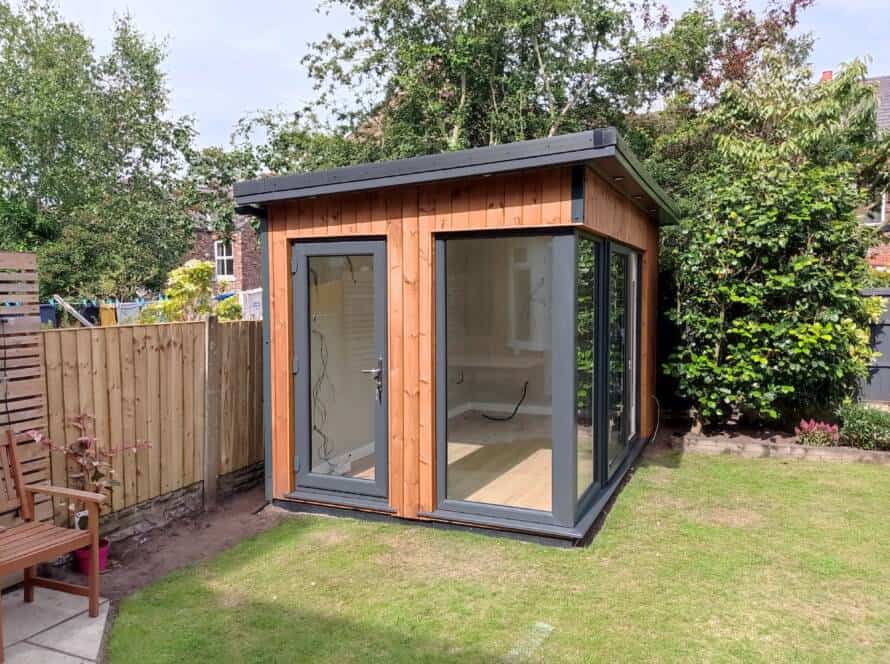Invest in Glamping and make money in “staycations” by making use of spare land and adopting a different approach to serviced accommodation that is ecologically friendly, sustainable and VERY profitable. How to invest in glamping.

Introduction
‘Staycations’ and glamping have become increasingly popular in the UK, with more people choosing to explore their own country instead of jetting off abroad. A staycation involves taking time off work or school and staying at home or vacationing within the country, rather than going on an international trip. There are numerous reasons why staycations have gained such popularity in recent years. Firstly, they are often more affordable than going abroad, as there are no expensive flights or accommodation costs to worry about. This can be a huge benefit for families or individuals on a budget.
Additionally, staycations allow individuals to discover the beauty and diversity of their own country. The UK is filled with stunning landscapes, historic sites, and vibrant cities, making it the perfect backdrop for a holiday. From the picturesque countryside of the Cotswolds to the rugged coastlines of Cornwall, there is something for everyone to enjoy.
Furthermore, staycations can be more relaxing than traditional holidays. Without the stress of travel and adjusting to a new culture, individuals can focus on unwinding and exploring at their own pace. Whether it’s lounging on a beach, hiking in the mountains, or visiting local attractions, staycations offer a sense of tranquillity and freedom.
Invest less but make more with timber buildings
Timber buildings have many benefits. They are environmentally friendly, as wood is a renewable resource. They also offer natural insulation and a low carbon footprint. Timber buildings are aesthetically pleasing and can be easily customised. Additionally, they are durable, cost-effective, and can be constructed quickly.
This method of construction also has significant ecological benefits. The buildings store carbon dioxide and reduce greenhouse gas emissions. They have a lower embodied energy compared to traditional construction materials – promoting sustainable forestry and reduce the environmental impact of construction. Additionally, timber is biodegradable and renewable, supporting a circular economy.
Investors looking to make money from holiday lodges, glamping pods, and park homes have a range of opportunities to explore. The growing popularity of alternative accommodation options in the travel and tourism industry in the UK presents a lucrative market for investors. These unique lodging options appeal to travellers seeking a more immersive and nature-oriented experience. Here are some ways investors can capitalise on this trend and invest in glamping.
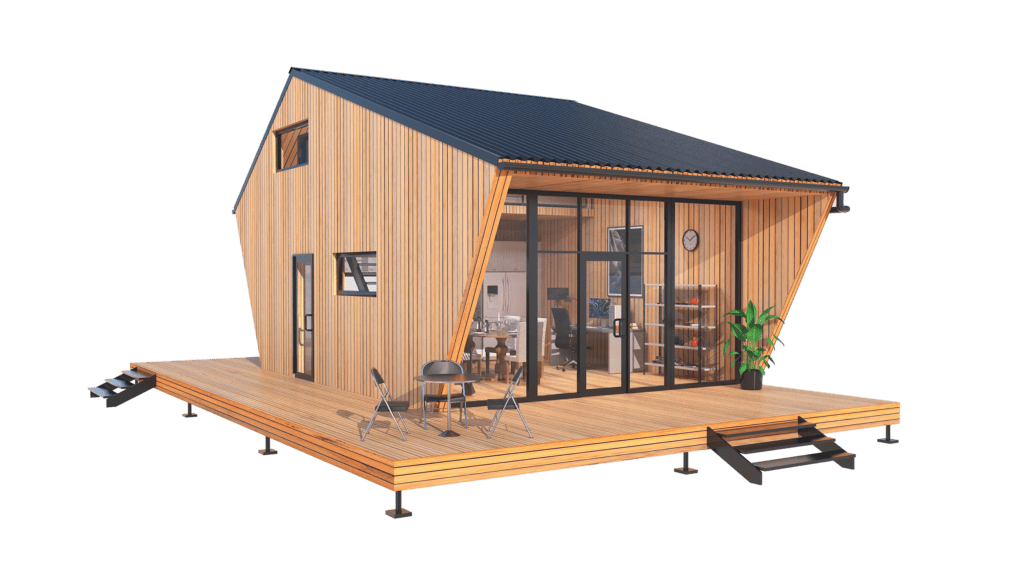
Rental Income
One of the most common and straightforward ways to generate income from holiday lodges, glamping pods, and park homes is through rental income. By marketing these accommodations to vacationers on a short-term basis, investors can generate regular revenue. This income stream can be significant, especially during peak seasons.
Investors can choose to manage the rentals themselves or utilise the services of property management companies or online platforms. Effective marketing, competitive pricing, positive guest experiences, and excellent customer service are crucial for attracting and retaining guests.
Buy-to-Let
Buy-to-let is another popular strategy for investors looking to make money from holiday lodges, glamping pods, and park homes. This involves purchasing the properties with the intention of letting them out long-term, for example, to a holiday park operator. In many cases, investors seek partnerships with holiday park operators or companies that cater to this specific market.
With long-term rental agreements, investors can benefit from stable and reliable income. Market research is essential to identify areas with high demand for long-term rentals and to ensure that rental income covers property expenses and provides a reasonable return on investment by investing in glamping.
Property Management Services
Investors can offer property management services to owners of holiday lodges, glamping pods, and park homes. This can be an attractive proposition for property owners who lack the time or expertise to manage their investments effectively. Property management services can include marketing the accommodations, managing bookings and guest communications, coordinating maintenance and cleaning services, and ensuring a positive guest experience.
Investors can charge a percentage fee or a fixed fee for these services, allowing them to earn a steady income while assisting property owners in maximising their returns.
Development and Sales
Investors can undertake property development projects to create and sell holiday lodges, glamping pods, or park homes. This can involve purchasing land or existing properties, obtaining the necessary permits and approvals, and building or renovating accommodations tailored to meet the demands of the particular market.
Developing holiday lodges, glamping pods, or park homes requires careful market analysis and feasibility assessments. Investors must consider factors such as location, accessibility, amenities, and target demographics. By delivering high-quality, desirable accommodations, investors can sell them at a profit.
Partnership with Existing Facilities
Investors can partner with established holiday parks or resorts to offer their holiday lodges, glamping pods, or park homes as part of the overall package. This collaboration can provide a win-win situation, as investors benefit from the infrastructure, marketing, and customer base of an existing facility, while the park or resort gains additional accommodation options to offer its guests.
Partnerships can be structured in various ways, such as revenue-sharing agreements or lease agreements. This approach allows investors to tap into an existing market, leverage the reputation of the established facility, and achieve higher occupancy rates.
Diversifying Revenue Streams
To maximise profitability, investors can explore additional revenue streams associated with holiday lodges, glamping pods, and park homes. For instance, they can provide add-on services and amenities such as hot tubs, outdoor kitchens, bike rentals, or guided tours. Investors can also partner with local activity providers, such as hiking or water sports companies, to offer packages that include accommodation and activities.
Furthermore, investors can consider offering packages for special occasions, such as weddings, family reunions, or corporate retreats. Collaborating with event planners or wedding venues can help attract these types of bookings.
Capitalising on Airbnb and Online Platforms
Utilising popular online platforms like Airbnb can significantly boost occupancy rates and profitability. With millions of users worldwide, these platforms expose holiday lodges, glamping pods, and park homes to a massive pool of potential guests.
Investors need to create attractive listings, optimise pricing strategies, and ensure outstanding guest experiences to receive positive reviews. Positive reviews can increase visibility and attract a continuous stream of bookings.
Maintenance and Upgrades
Investors can also make money by providing maintenance and upgrade services for holiday lodges, glamping pods, and park homes. These accommodations require regular upkeep to ensure they remain attractive and safe for guests. By offering maintenance and repair services, investors can establish a reliable revenue stream from property owners within their target market.
Furthermore, investors can identify opportunities for property upgrades or renovations. Updating furnishings, installing modern amenities, or incorporating sustainable features can enhance the desirability and rental potential of the accommodation spaces.
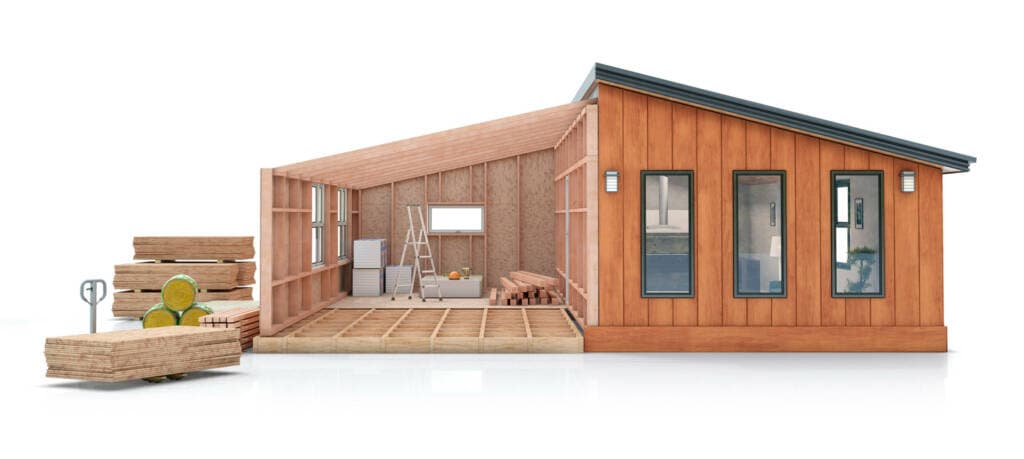
Raising Finance for your Holiday Let Business
Investors seeking private finance for a holiday let business have several options to consider. While securing financing can be challenging, with the right approach and preparation, it is possible to attract private investors. Here are some strategies to raise private finance for a holiday let business invest in glamping.
1. Create a Business Plan: A comprehensive business plan is essential to convince potential investors of the viability and profitability of your holiday let business. Include information on the target market, location analysis, marketing strategies, projected financials, and a clear investment proposal. A well-crafted business plan demonstrates professionalism and provides potential investors with confidence in your venture.
2. Seek Angel Investors or VCs: Angel investors and venture capital firms are experienced financiers interested in high-potential ventures. These investors can provide the necessary capital to start or expand your holiday let business in exchange for equity or a share of the profits. Research and network within investor communities, attend pitch events or seek introductions through professional networks to connect with potential angel investors or venture capital firms interested in the hospitality sector.
3. Approach Friends and Family: Friends and family can be a viable source of private finance for your holiday let business. These individuals may have a personal interest in supporting your venture and can provide funds as a loan or equity investment. Be transparent about the risks and rewards of investing, and clearly outline your business plan and expected returns. It is important to maintain professional relationships and clearly define the terms of investment to avoid misunderstandings.
4. Utilise Crowdfunding Platforms: Crowdfunding platforms, such as Kickstarter or GoFundMe, provide an opportunity to raise capital from a large number of individual investors who are interested in supporting innovative projects. Create a compelling campaign that showcases your holiday let business concept, the value proposition, and potential benefits for investors. In return for their financial support, offer backers incentives like discounted stays, merchandise, or exclusive access to early bookings.
5. Peer-to-Peer Lending: Peer-to-peer lending platforms connect borrowers directly with individual lenders. These platforms can provide an alternative to traditional bank loans. Prepare a strong loan proposal, highlighting the potential profitability of your holiday let business and the measures taken to mitigate risks. Ensure you have a solid repayment plan and offer lenders competitive interest rates or other incentives to attract their investment.
6. Real Estate Crowdfunding: Real estate crowdfunding platforms specialise in property-related investments, including holiday let businesses. These platforms pool funds from multiple investors to finance property acquisitions or development projects. By presenting your holiday let business concept to potential investors on these platforms, you can attract individuals who are specifically interested in real estate investments. Be prepared to present the financial projections and offer attractive investment returns and benefits to entice potential backers.
7. Joint Ventures or Partnerships: Consider approaching experienced individuals or companies in the holiday let industry who may be interested in a joint venture or partnership. Their knowledge, expertise, and existing customer base can significantly contribute to the success of your business. This arrangement can involve a capital contribution from your partner, a profit-sharing agreement, or other mutually beneficial terms.
8. Lease Financing: If you are looking to acquire or develop a property for your holiday let business, lease financing can be an option. Investors or financial institutions may be willing to provide capital through a lease agreement, where you make regular payments for the use of the property over a specified period. Ensure you negotiate favourable terms, such as a purchase option or flexibility in lease structure, to provide you with potential long-term benefits.
9. Private Loans: Private lenders, including private individuals or lending companies, may be willing to provide financing for your holiday let business. These lenders often operate outside the traditional banking sector and offer more flexible terms and conditions. Prepare a solid business case and financial projections to demonstrate your ability to repay the loan. Be prepared to offer collateral or personal guarantees to mitigate the lender’s risk.
When seeking private finance for a holiday let business, it is important to approach potential investors with professionalism and a persuasive investment proposal. Clearly communicate your business concept, profitability potential, risk mitigation strategies, and potential investor benefits. Building relationships, demonstrating your commitment and expertise, and maintaining transparency throughout the process will increase your chances of securing private finance for your holiday let business.
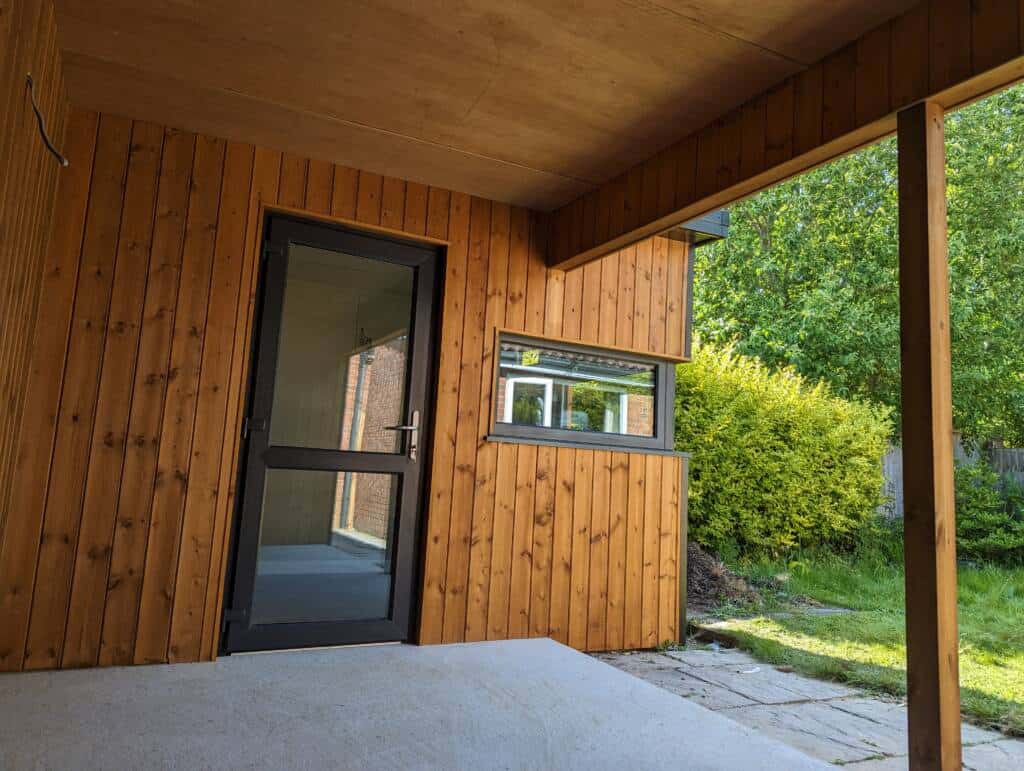
Planning Permission
Planning permission for timber buildings, including park homes, glamping pods, and holiday villages, is regulated by the local planning authorities in the UK. The rules and regulations surrounding planning permission can vary, so it’s important to familiarise yourself with the specific guidelines applicable to your area. Here is an overview of planning permission requirements for timber buildings in the UK.
Park Homes:
Park homes, also known as mobile homes or static caravans, are a popular form of accommodation for holiday or residential purposes. These homes are often constructed with timber frames and designed to be easily transportable.
In most cases, planning permission is required for the placement of park homes. The regulations are governed by the Caravan Sites and Control of Development Act 1960 and the Mobile Homes Act 2013. Park homes are categorised as caravans under these acts, and planning permission is necessary for the land on which they are situated.
When applying for planning permission, you will typically need to provide details about the location, appearance, and layout of the park homes, as well as the proposed use of the land. It’s important to note that local planning authorities can impose restrictions on the number of park homes allowed on a particular site.
Glamping Pods:
Glamping pods are a form of luxury camping accommodation that have gained popularity in recent years. These timber structures are often compact and can offer a unique and comfortable outdoor experience for guests.
The planning permission requirements for glamping pods can vary depending on their size and design. In some cases, they may be considered temporary structures, similar to camping tents, and may not require planning permission. However, if the glamping pods are intended for long-term or permanent use, planning permission is likely to be needed.
When applying for planning permission for glamping pods, you will need to provide information on their design, materials, size, and location. Consideration will be given to the impact on the surrounding landscape, any potential noise or light pollution, and access to facilities such as water and sanitation.
Holiday Villages:
Holiday villages, also known as holiday parks or resorts, offer a range of accommodation options and facilities for guests. These may include timber lodges, glamping pods, camping pitches, and other amenities such as swimming pools, restaurants, and entertainment facilities.
Planning permission is typically required for the development or expansion of holiday villages. It is important to consult with the local planning authority and adhere to their guidelines. The application process may involve providing detailed plans and designs, environmental impact assessments, and considerations for infrastructure, access, and facilities.
Considerations for Planning Permission:
When applying for planning permission for timber buildings such as park homes, glamping pods, or holiday villages, there are several key considerations to keep in mind:
Local Development Plan: Local planning authorities have adopted Local Development Plans that outline the policies and guidelines for development in a particular area. It’s important to review these plans and ensure that your proposed timber building aligns with the designated land use and development restrictions.
Environmental Impact: Planning authorities are keen to ensure that new developments do not have a detrimental impact on the environment. The submission of an environmental impact assessment may be required, particularly if the timber building will have implications for protected habitats, wildlife, or areas of ecological importance.
Access and Infrastructure: Consideration should be given to access roads, parking, and utilities such as water, electricity, and sewerage. The local planning authority may require you to provide details of these aspects, demonstrating that the proposed timber building will not place an excessive burden on existing infrastructure.
Design and Appearance: The aesthetic considerations of timber buildings are important to planning authorities. Designs should be sympathetic to the local setting and consider factors such as materials, colours, and architectural style. Visual impact assessments and 3D visualisations may be requested to evaluate the proposed timber building’s impact on the landscape and surrounding areas.
Amenities and Facilities: Holiday villages often provide a range of amenities and facilities for guests. Planning authorities will want to ensure that the proposed development includes appropriate facilities to support the anticipated number of visitors, such as parking areas, waste disposal facilities, and access to amenities like recreation areas or communal spaces.
Community Consultation: In some cases, the local planning authority may require community consultation, particularly for larger developments or those that may have a significant impact on the local community. This can involve consulting with neighbours, local interest groups, or the submission of a community impact statement.
It’s important to note that this information provides a general overview of the planning permission requirements for timber buildings in the UK. Each local planning authority has its own specific guidelines and considerations, so it is advisable to consult with the relevant authority for accurate and up-to-date information relating to your particular project. Additionally, seeking professional advice from architects, planning consultants, or advisors with experience in the holiday accommodation sector can help navigate the intricacies of the planning process – and increase the likelihood of obtaining planning permission for your timber buildings. Read more about planning permission here. Or visit the government website on planning.
Trad Timber
At Trad Timber, we believe getting into the staycation industry is easy, cost effective and profitable. We are a timber building company based just outside of Bolton – where we have traded from for almost 20 years. We operate from a small factory where we hand craft and produce all our buildings by hand.
Our tradesman, or craftsmen as we prefer to call them, plan and build beautifully designed timber buildings. These range from simple insulated garden rooms, all the way to full residential buildings and even the odd classroom extension. Our buildings add value to a property by as much as 15% depending on the build, and we can build standalone properties complete with utilities.
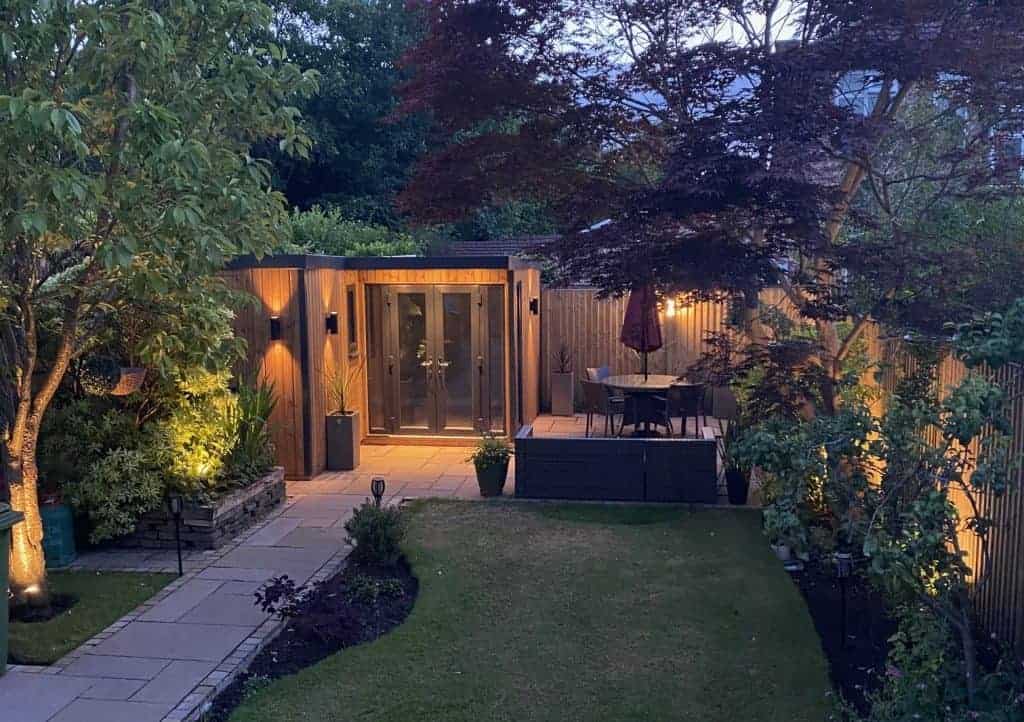
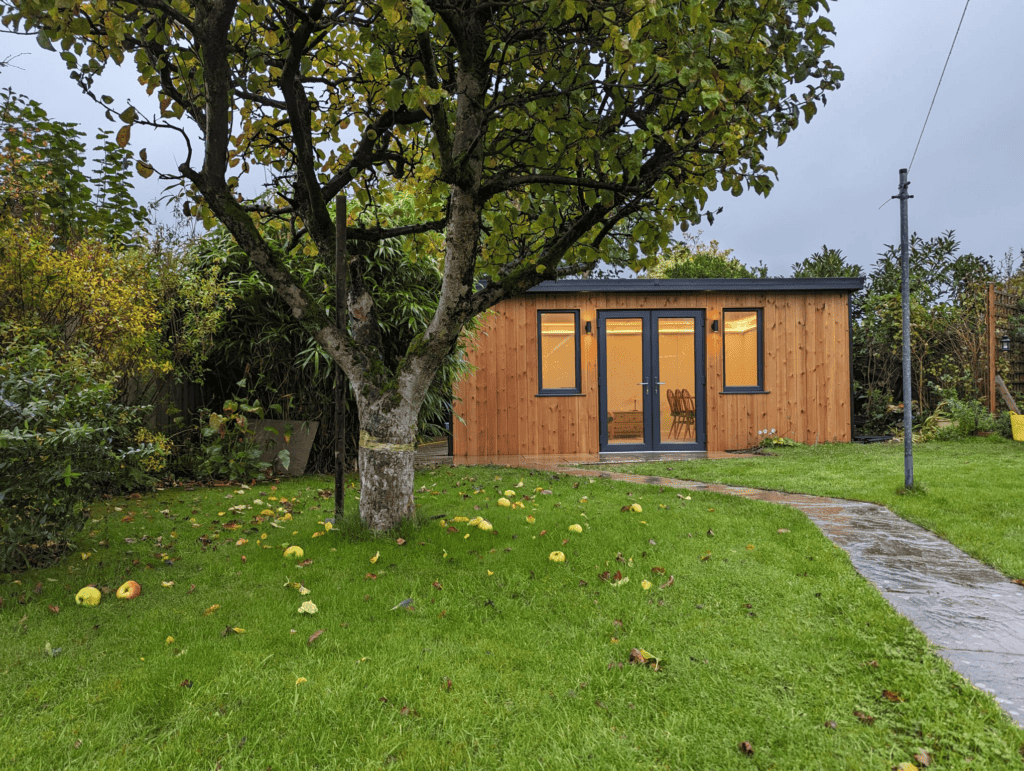
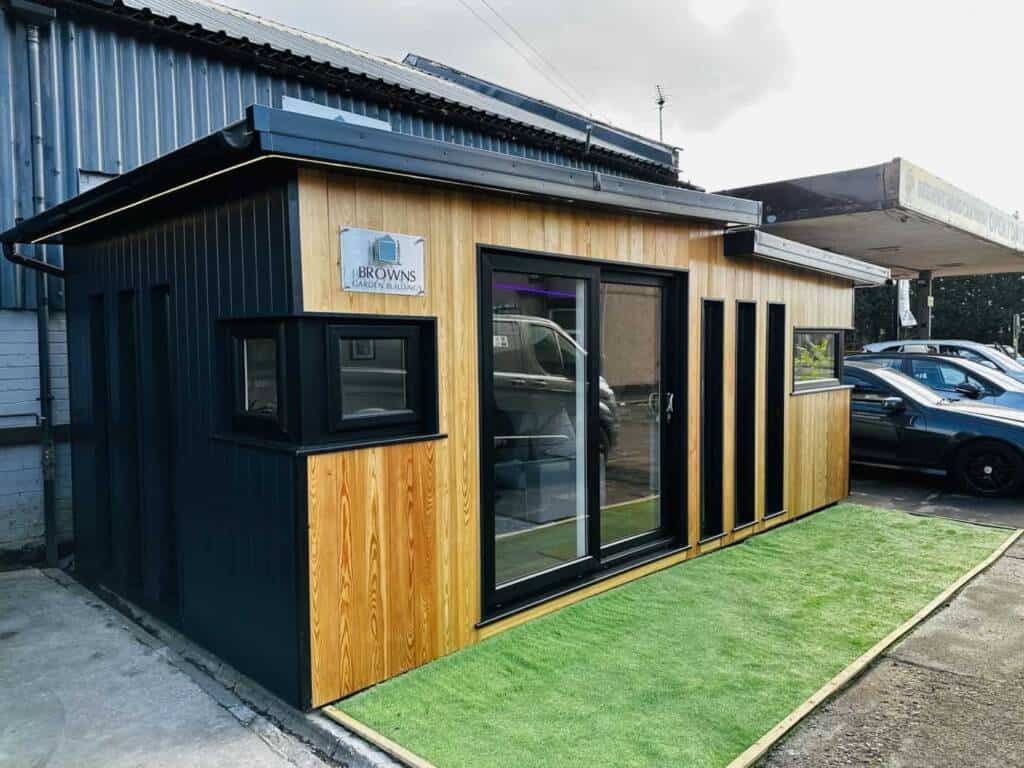
Example Investment (illustrative purposes only)
Luxury 6 x 3 m timber building with UPVC windows and sliding patio doors, sleeps 2 to 3 with facilities
Purchase & Build Price: £29,000
Average Nightly Rate: £180
Occupancy Rate pa: 30%
Annual Income: £19,800
Annual Costs: £6,000
ROI per year: 48%
We build completely timber buildings such as glamping pods and park homes for investors looking for a higher return from their holiday let businesses. Make more by spending less, whilst also being environmentally friendly and sustainable.
All the images shown have been designed, crafted and built by Trad Timber.
Disclaimer
This article was written in August 2023. We are not accountants or tax professionals. You should always discuss your personal circumstances with an accredited tax professional and financial adviser, as legislation can change. Seek advice from relevant local authorities or planning advisors before undertaking any building project.


